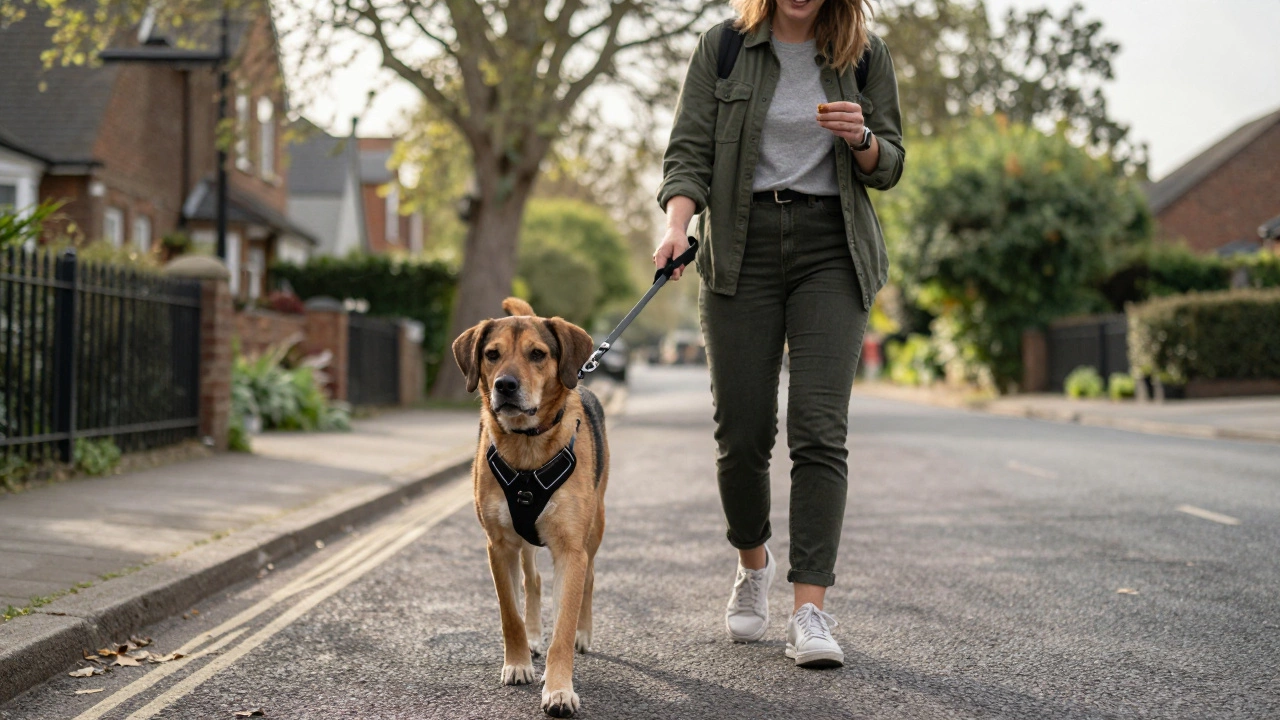Pet Health Basics: Quick Tips for Dogs, Cats and More
Feeling unsure about what your pet really needs to stay fit and lively? You’re not alone. Most owners juggle food choices, grooming routines, and occasional travel worries without a clear game plan. The good news is that a few everyday adjustments can make a huge difference in your pet’s wellbeing.
First off, think of your pet’s health as a three‑part puzzle: what they eat, how they move, and how safely they experience the world. If any piece is missing, the picture looks off. Below we break down the essentials you can start using today, whether you have a high‑energy puppy, a senior cat, or a curious rabbit.
Everyday Nutrition & Supplements
Food is the fuel that powers everything else. Look at the ingredient list – the first item should be a real protein source, like chicken or fish, not a vague “meat meal.” For dogs, a protein‑rich diet helps maintain muscle mass, while cats need a diet high in animal‑based taurine to prevent heart issues.
Supplements can be helpful, but they’re not a free pass to feed junk. Add omega‑3 fish oil if your pet has a dull coat or joint stiffness; a few drops a day often smooths out skin and supports mobility. Vitamin D is another common shortfall, especially for indoor cats that don’t bask in sunlight. Always check the dosage on the label and talk to your vet before introducing a new pill.
Portion control matters more than you think. Over‑feeding leads to obesity, which shortens life expectancy and sparks diabetes, arthritis, and heart disease. Use a kitchen scale or the measuring cup that comes with most pet food bags. Adjust portions based on activity level – a working dog needs more calories than a couch‑potato feline.
Grooming, Exercise & Travel Safety
Regular grooming isn’t just about looking good; it’s a health check. Brushing removes loose fur, reduces hairballs, and helps spot skin irritations early. For dogs, a quick nail trim each few weeks prevents joint strain, while a bath every month (or as needed) keeps skin oils balanced.
Exercise is the other half of the health equation. A 30‑minute walk for a medium‑sized dog burns enough calories to keep weight in check and eases anxiety. Cats love short bursts of play – a laser pointer or feather wand mimics hunting and keeps them mentally sharp. For senior pets, slower, shorter walks and low‑impact games keep joints moving without over‑exertion.
Traveling with pets can be stressful, but preparation makes it smooth. Choose a carrier that meets airline size rules – most allow a carrier that fits under the seat, roughly 45 cm long. Let your pet sniff the carrier at home, then gradually increase the time they spend inside. A familiar blanket or a chew toy can calm nerves during flights.
If you’re flying a larger dog, check the airline’s cargo policies. A sturdy, well‑ventilated crate with a waterproof bottom is a must. Label the crate with the pet’s name, your contact info, and a “Live Animal” sticker. Arrive early to give yourself time for a quick bathroom break and a calm walk before the gate.
Finally, keep a pet first‑aid kit handy – think bandages, tweezers, and a copy of your vet’s contact details. Even a minor cut can become serious if left untreated.
Putting these tips into practice doesn’t require a massive overhaul. Start with one change – maybe swapping out a low‑quality kibble for a protein‑rich alternative, or adding a short evening walk. Watch how your pet responds, then add the next step. Small, consistent actions add up to a healthier, happier companion, and you’ll notice the difference in just a few weeks.
At South Tyneside Pet Care Services we’re always ready to answer questions and help you fine‑tune your pet’s routine. Got a specific health concern? Drop us a message and let’s get your furry friend feeling their best.
Can Dogs Eat Bananas? What to Know Before You Share
Wondering if dogs can eat bananas? This article breaks down whether bananas are safe for dogs, the benefits and downsides, and how to feed them the right way. We’ll get real about portion sizes and digestion tips, plus when bananas fit (or don’t) in your dog’s diet. You’ll even learn how they compare to dog supplements. Perfect for dog lovers who want the facts before sharing a snack.
Can I Give My Dog Cod Liver Oil Every Day?
Cod liver oil can offer a range of health benefits for dogs, thanks to its Omega-3 fatty acids and vitamins. However, over-supplementing can lead to potential health issues. This article examines the benefits, ideal dosage, and possible risks to help dog owners decide if daily supplementation is suitable for their furry friend. Learn how to safely incorporate cod liver oil into your dog's diet and what changes to watch for.
Best Chew Toys for Puppies: Vet-Recommended Options for Safe Play
Puppies have a natural instinct to chew, making it crucial to provide them with safe and stimulating chew toys. Veterinarians recommend chew toys that not only cater to this need but also promote dental health and mental stimulation. In this guide, we delve into a variety of vet-approved options, ensuring safety, durability, and engagement for your furry friend. Learn about what materials are best, which toys support dental care, and how to keep your pup entertained. Equip yourself with the knowledge to choose the right toys that can aid in proper behavior development.
Do Cats Have a Sense of Satiety? Understanding Feline Eating Habits
Cats, with their graceful demeanors and quirky personalities, often leave us pondering about their eating habits. One pressing question for pet owners is whether cats know when they are full or if they can overeat. This article delves into feline eating behavior, exploring scientific insights on their sense of fullness. It offers practical tips for ensuring your cat maintains a healthy diet and avoids obesity.
Essential Vitamins for Optimal Dog Health
In the bustling world of dog health, vitamins play a crucial role in balancing and enhancing your pet's wellbeing. Just like humans, dogs require several essential vitamins to maintain optimal health and vitality. In this article, we explore the most important vitamins dogs need, their benefits, and tips on how to ensure your furry friend receives a balanced diet. Understanding these nutrients is fundamental for any pet owner striving to provide the best care for their canine companion. Dive into this informative guide to learn more about keeping your dog healthy and happy.
Are Dog Supplements Necessary for Your Pet's Wellbeing?
Dog supplements have become increasingly popular, but are they really needed for your furry friend? This article delves into the world of supplements for dogs, exploring when they might be appropriate and what to consider before adding them to your pet’s diet. Understanding the needs of different breeds and life stages is vital, and we'll also discuss some surprising natural alternatives. Our aim is to provide a clear perspective to keep your canine companion healthy and happy.











